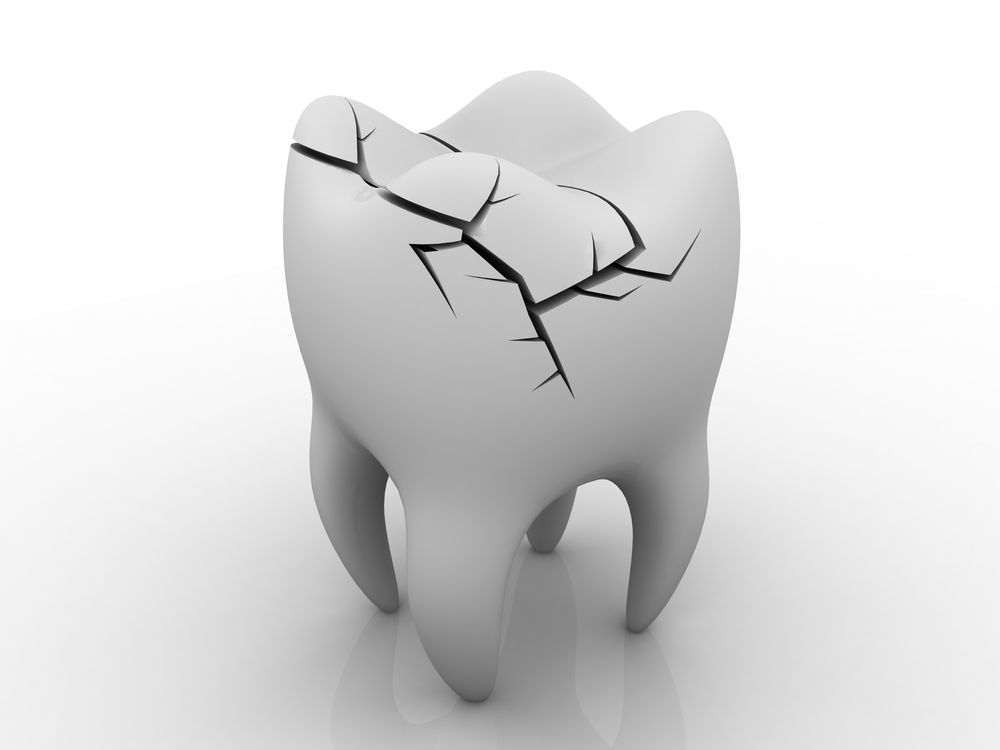Is Stress Grinding Increasing Due to COVID?
 The COVID-19 pandemic has impacted people’s lives in multiple ways. Most people have experienced drastic changes in how they work and socialize, and many have suffered the health effects of the virus. New data suggests that the effects of the pandemic go further than that, even extending to people’s oral health.
The COVID-19 pandemic has impacted people’s lives in multiple ways. Most people have experienced drastic changes in how they work and socialize, and many have suffered the health effects of the virus. New data suggests that the effects of the pandemic go further than that, even extending to people’s oral health.
Understandably, COVID has many people experiencing heightened stress and anxiety, both of which can directly impact the health of the teeth. Here, cosmetic dentist Bruce J. Wilderman discusses whether stress grinding is increasing due to COVID, and what his patients from Doylestown, Bucks County, and Philadelphia, PA, can do to preserve the strength and health of their teeth.
Survey Shows Stress Grinding Is on the Rise
As stay-at-home orders and other restrictive measures are gradually lifting across the country, people are starting to resume some level of their pre-pandemic routines. For many, this includes resuming dental exams and cleanings. What many dentists are seeing as their patients return to their offices is that the past year has been stressful for most, and in numerous cases, it has had an effect on the teeth.
The American Dental Association Health Policy Institute recently released results of a survey that show just how great the impact of the pandemic has been on oral health. According to the survey results, over 70 percent of responding dentists have seen an increase in bruxism, or teeth grinding and clenching. Additionally, over 60 percent report an increase in other stress-related dental conditions, such as chipped and cracked teeth, and TMJ disorder.
Bruxism Damage
Bruxism is a common response to stress and anxiety. Unfortunately, most people who clench or grind their teeth do so at night while they are sleeping, so they are often unaware of the condition. Most individuals do not realize they have been grinding their teeth until a dentist brings it to their attention. Dentists are able to diagnose bruxism because it has an obvious effect on the teeth. Regular grinding and clenching can cause a wide range of complications, including:
- Wearing down or general weakening of tooth enamel
- Dental damage, such as chips, cracks, or fractures
- Stiffness in the jaw, or TMJ disorder
- Facial pain and headaches
- Earaches
Protecting the Teeth from Stress Grinding
As we’ve stated, teeth grinding generally takes place while a person sleeps. Fortunately, there are steps that individuals can take to reduce stress, minimize the likelihood of grinding and clenching, and protect the teeth from bruxism damages. We often recommend these practices for people who suffer from bruxism:
- Practice deep breathing, meditation, or other stress-relieving exercises
- Talk out your worries with a friend, family member, or therapist
- Have the teeth examined to determine if orthodontic issues or TMJ disorder are causing bruxism, and if so, address these issues
- Ask your dentist about a custom mouthguard or splint to wear while sleeping
Contact Dr. Bruce J. Wilderman
If you suspect that you are suffering from bruxism brought on by the COVID-19 pandemic, Dr. Bruce J. Wilderman can provide you with a custom mouthguard to protect your teeth. To learn more about treatment options, send us a message online, or call (215) 340-1199.


